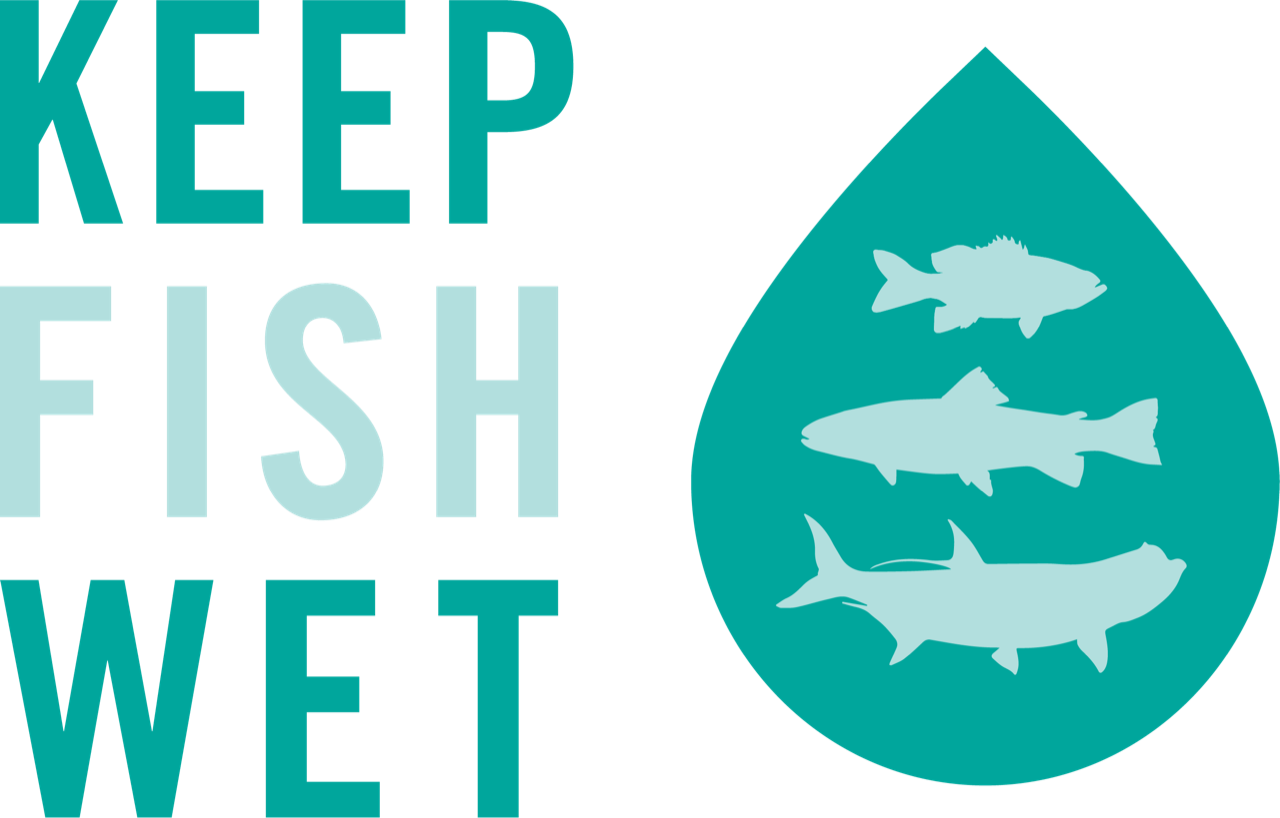Brian O'Keefe photo
Why is water temperature so important?
by Sascha Clark Danylchuk
It’s been a particularly warm autumn here in New England. Usually we would be at peak fall foliage about now, but I still see mostly green out my window. As someone who would take heat over cold any day you won’t catch me complaining about our delayed progression towards winter, but it has gotten me thinking about temperature and, in particular, the importance of water temperature for fish.
Google fish and water temperature and you’ll find a plethora of pieces on the optimal water temperature for different species of fish. There are graphs, tables, and lengthy articles written on the subject. Many anglers are aware that high water temperatures are not good for fish (think of hoot owl restrictions, daily closures between 2pm and midnight, and fish kills in the summer) and it’s all related to the role water temperature plays on fish biology.
Almost all fish are cold blooded, with rare exceptions such as tuna and opah. They are ectotherms, which means that their body temperature is a direct result of the temperature of the environment (water), and poikilotherms meaning that water temperature varies and thus so does their body temperature. Each species of fish has an optimal water temperature (an ideal temperature for living and proper functioning) as well as a critical thermal maximum and minimum (temperature beyond which vital bodily functions break down and that can lead to death).
Being poikilothermic ectotherms means that many of a fish’s body systems are influenced by water temperature. In fact, water temperature is often referred to as the “master factor” when it come to fish. The rate of metabolism, the chemical process that converts food to energy, is highly dependent on temperature. In general, for every 10 degrees Celsius that water temperature increases, a fish’s metabolic rate doubles. This means that at warmer water temperatures, fish have a faster metabolism and need more food. It also means that at warmer water temperatures fish need more oxygen, a critical component of the metabolic process. However, all else being equal, warmer water holds less oxygen than colder water.
A number of studies have demonstrated that water temperature impacts the survival and recovery of fish from angling, but most of the time those studies didn’t directly consider water temperature. This study specifically examines the effect of water temperature on angled fish.
What did they do?
• They used bluegill in this study because they were easy to catch and typically live in water with dramatic temperature variations.
• Fished at three different water temperatures (low = 18.3°C/64.9F, medium = 22.8°C/73F, high = 27.4°C/81.3F)
• At each temperature, after angling they air exposed fish for different durations from 0 seconds to 16 minutes (yes, 16 minutes is a very long time and not very realistic, but most of the times were less than 2 minutes and they wanted to see what happened at an extreme).
• Time to recover, immediate and delayed mortality (up to 48 hours after angling) was measured for each fish.
What they found:
• Time to recover increased significantly as water temperature increased.
• Almost no immediate mortality at any temperature.
• Delayed mortality was highest (nearly 40% of fish died) for the high water temperature. Also, more fish died and died faster with more air exposure at the high water temperature.
• No fish died at any water temperature with 0 seconds of air exposure.
Why is this study important for anglers?
• This study underscores that stressors to fish (caused by angling or otherwise) are interactive and/or cumulative, especially when it comes to water temperature.
• At higher water temperatures remember that fish need more oxygen (but the water might actually contain less oxygen) and fish take longer to recover from angling.
• Food for thought, how might climate change affect fish and fishing? Will fish be able to adapt to warmer water temperatures? Will we see more fishing closures as summers get hotter? Are you already starting to see climate change impacts on your home water?
Happy fishing!
Sascha Clark Danylchuk


